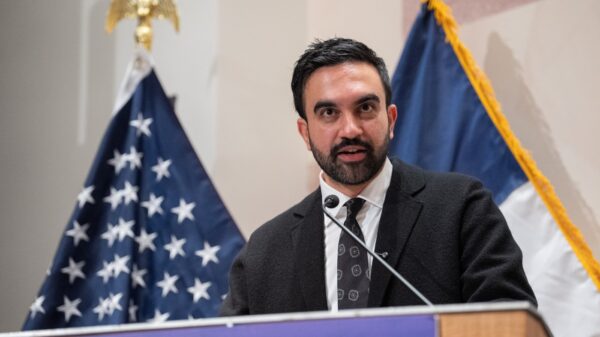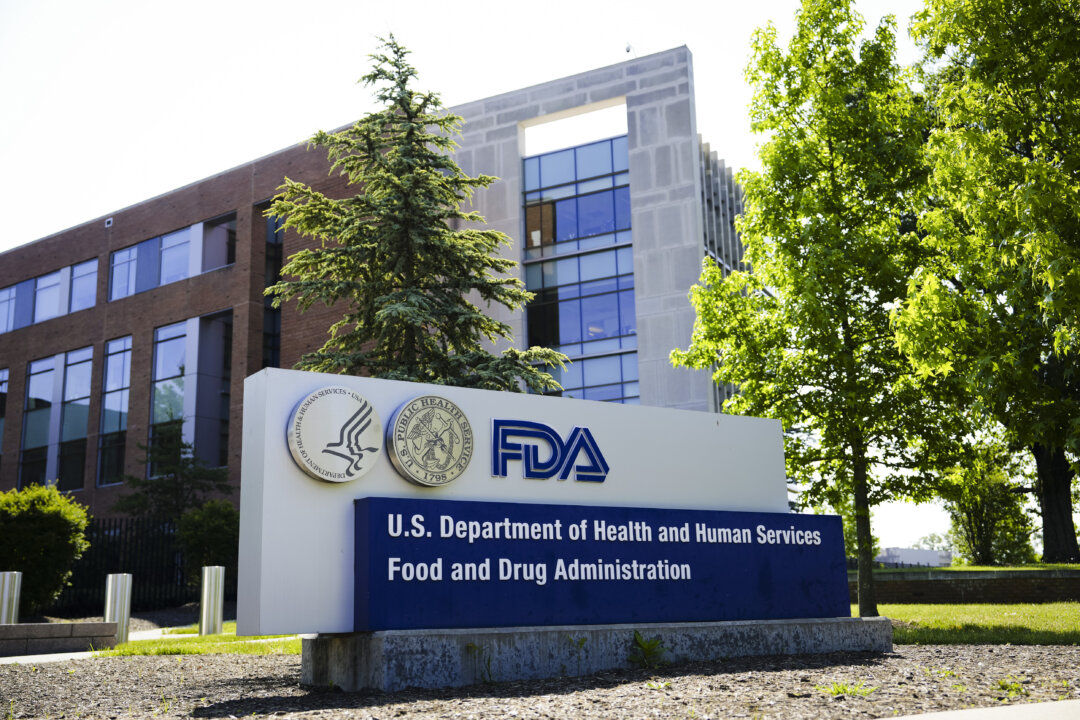The Food and Drug Administration (FDA) has introduced a new pathway for custom gene editing therapies aimed at treating patients with serious diseases. Announced on November 12, 2023, this initiative allows the FDA to consider approving bespoke therapies based on the success demonstrated in a limited number of patients. This development was detailed by Dr. Marty Makary, the FDA’s commissioner, and Dr. Vinay Prasad, director of the FDA’s Center for Biologics Evaluation and Research, in an article published in the New England Journal of Medicine.
The new approach, termed the “plausible mechanism pathway,” simplifies the approval process for gene therapies. Under this framework, manufacturers can gain FDA authorization by providing evidence of effectiveness and safety from real-world data. This marks a significant shift in the regulatory landscape for gene therapies, which have traditionally faced stringent approval processes.
Significance of the New Pathway
This pathway offers hope for patients suffering from rare or complex conditions that may not respond to conventional treatments. By allowing manufacturers to submit evidence from a smaller patient cohort, the FDA is aiming to accelerate access to potentially life-saving therapies. The change is expected to encourage innovation in the field of gene editing, where research and development can be both time-consuming and costly.
As part of the approval process, companies will be required to continuously monitor and collect real-world evidence after a therapy has been authorized. This is to ensure ongoing efficacy and to identify any unforeseen risks that may arise. The FDA’s new strategy emphasizes a balance between rapid access to therapies and the need for patient safety.
Looking Ahead
The introduction of the plausible mechanism pathway is anticipated to spur further advancements in personalized medicine. By streamlining the process, the FDA hopes to foster an environment where innovative treatments can be developed and brought to market more efficiently. This initiative aligns with broader efforts within the healthcare sector to enhance patient outcomes through tailored therapies.
In conclusion, the FDA’s new pathway for bespoke gene therapies represents a pivotal shift in how gene editing treatments may be developed and made available. With a focus on real-world evidence and patient safety, it aims to change the landscape of treatment options for patients dealing with serious diseases, enhancing the potential for personalized medical interventions.







































































